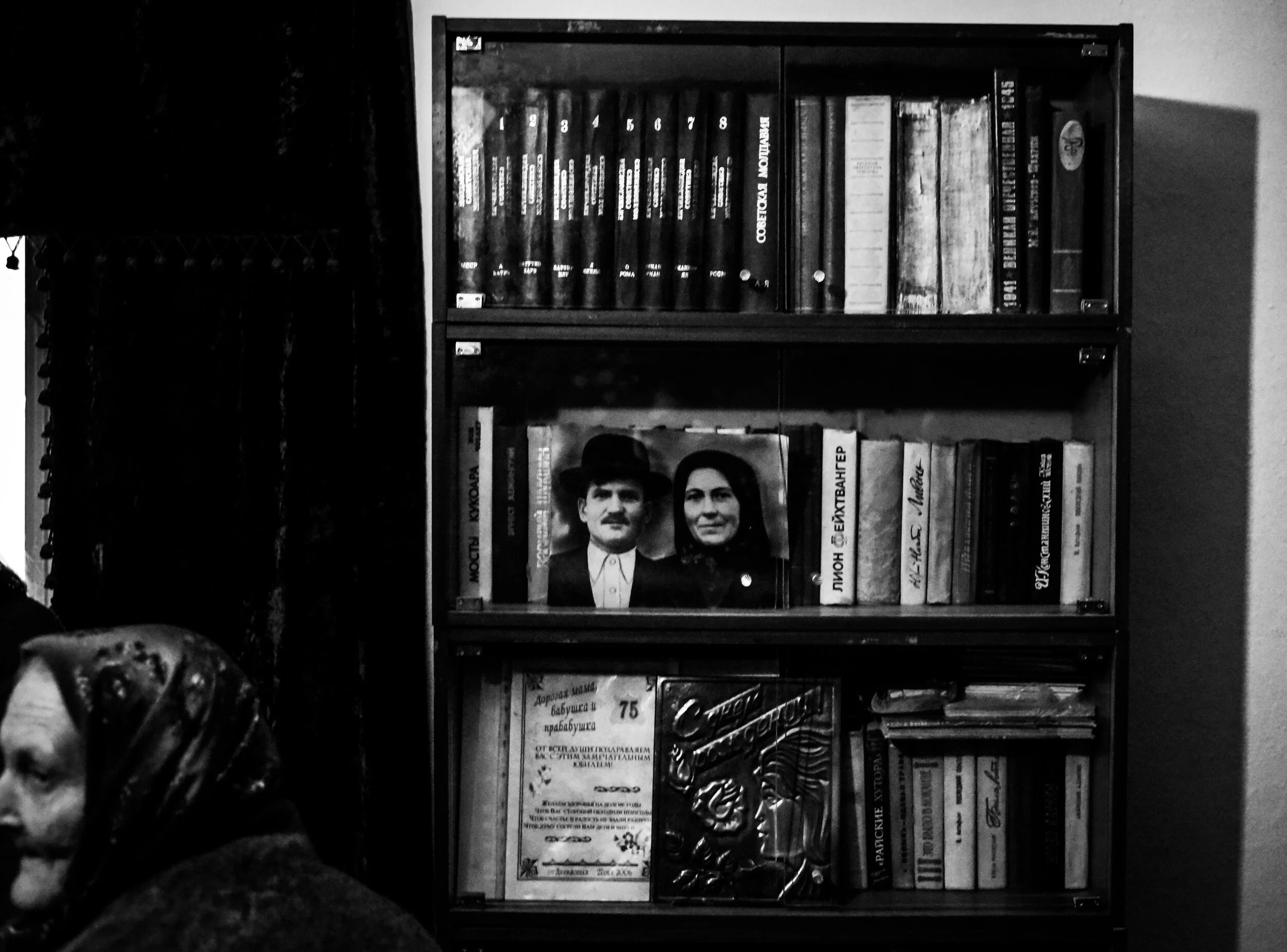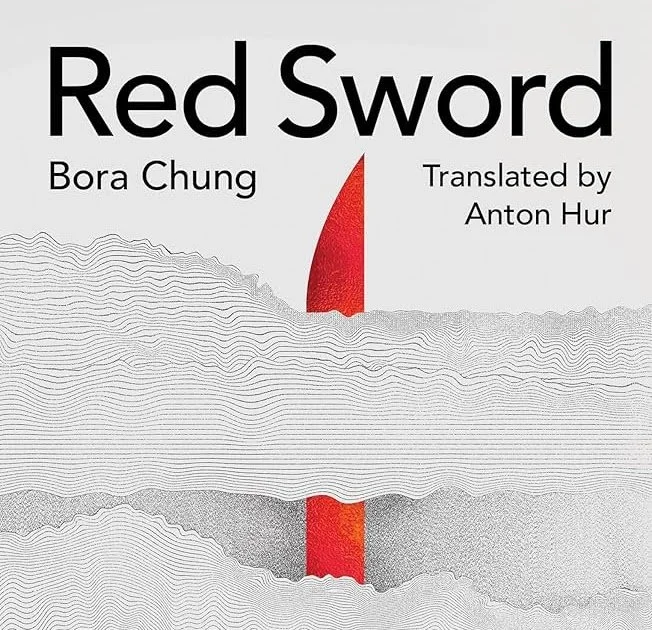
The Ones Who Survive Are Real — a Review of Bora Chung’s ‘Red Sword’
Reviewed by Kate Tsurkan
Bora Chung’s “Red Sword” wastes no time plunging readers into an alien world that is both cruel and enticing, immediately challenging humanity to find a way to reclaim itself. We are first introduced to the narrator — a woman who remains nameless for most of the novel — as she recounts her budding intimacy with a lover aboard a slave ship traversing the far reaches of a galactic empire, only to witness his death shortly after they are cast onto what is dubbed the white planet. What starts as a flicker of dread from her lover’s untimely death swiftly grows into an unrelenting tension that saturates the novel from start to finish.

When the Air Held Its Breath — on the Poetic Record of War in Oksana Maksymchuk’s ‘Still City’
Reviewed by Anya Avrutsky
Written in the few months leading up to and following Russia’s full-scale invasion, the book bridges a documentary and surrealist style, capturing a city on the brink. Maksymchuk, a Ukrainian poet and translator from Lviv, began writing Still City six months before February 24th, from a building overlooking an old prison courtyard where political prisoners had been executed during WWII. Such a setting serves as a reminder of how little time has passed since the last war that ravaged Ukraine.
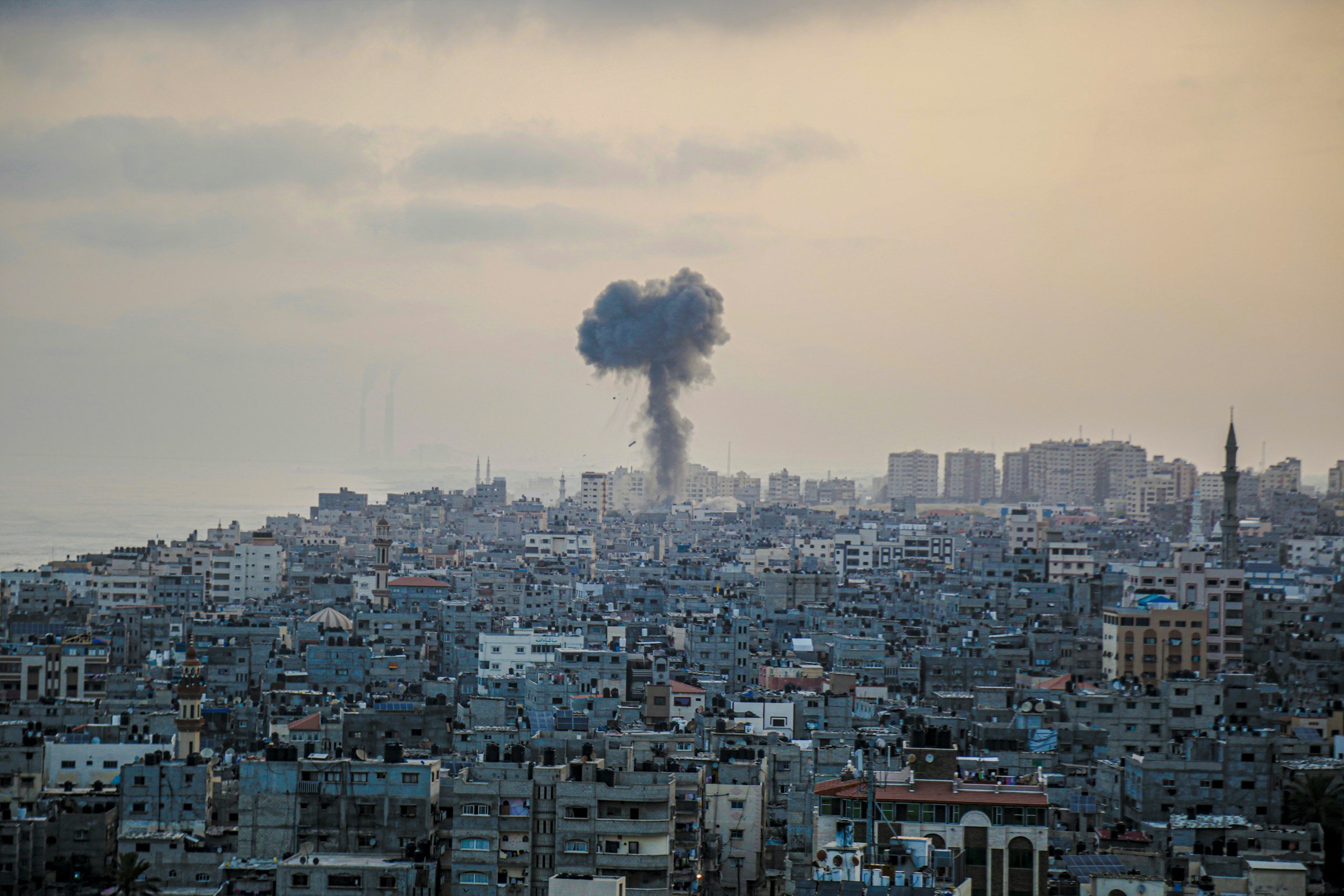
Reading ‘The Eyes of Gaza’ From Wartime Ukraine
Reviewed by Kate Tsurkan
Reading “The Eyes of Gaza” from Ukraine, I was reminded of how no war occurs in a vacuum — the fight for survival, freedom, and justice is never isolated, but part of a larger human story.
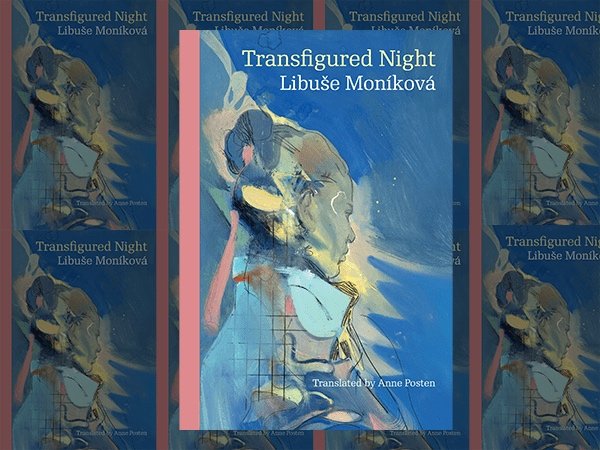
Between Nostalgia and Uncertainty: A Review of Libuše Moníková’s Transfigured Night (2023, Karolinum Press)
Reviewed by Anna West
Libuše Moníková’s Transfigured Night (2023, Karolinum Press) was published in German in 1996 under the title Verklärte Nacht and was only recently translated from German into English by Anne Posten. It is the last completed novel by a writer of Czech origin who nevertheless identified herself as a German author.
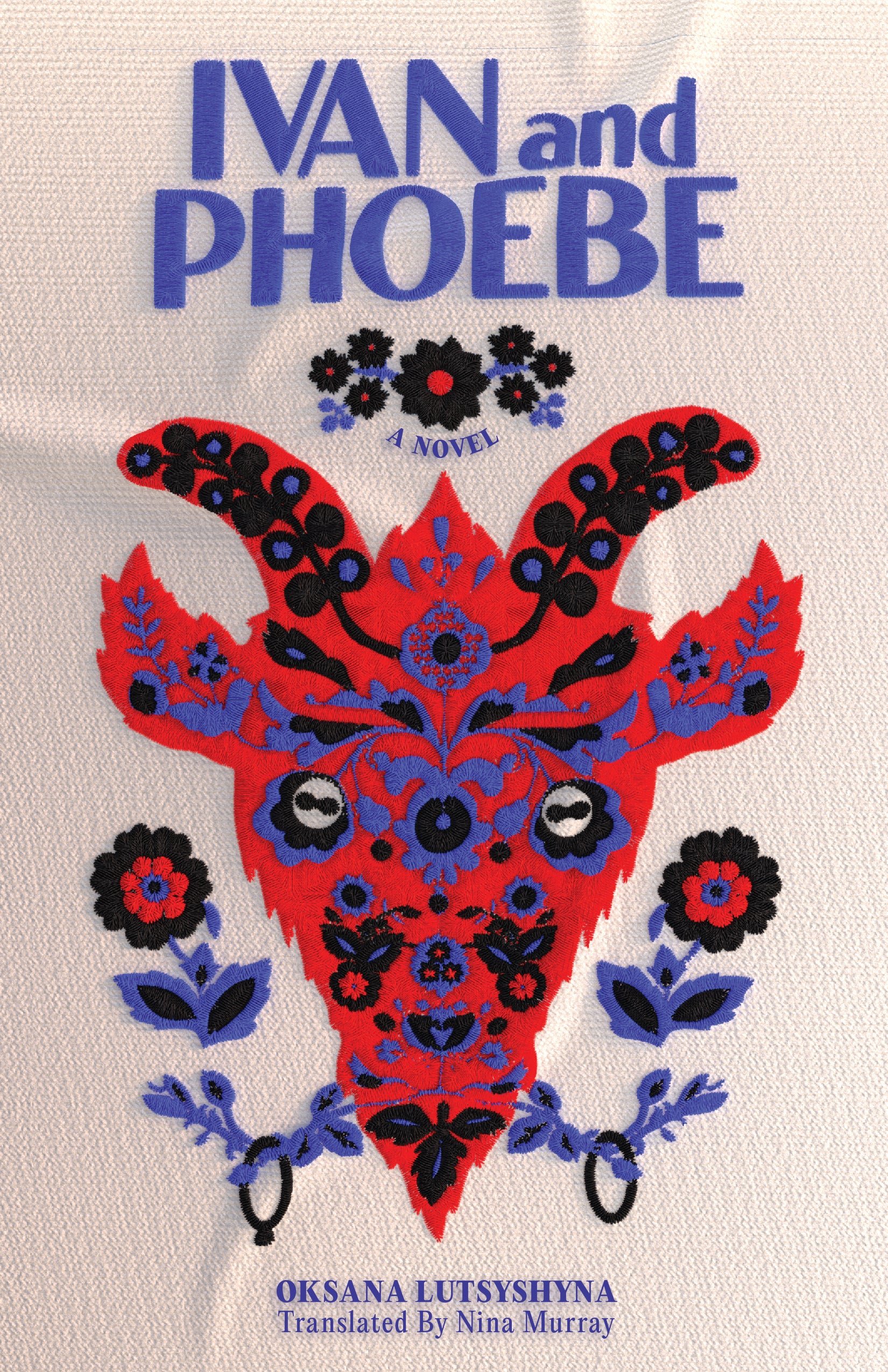
When the Revolution’s Over: A Review of Ivan and Phoebe (2023, Deep Vellum)
by Elsa Court
As Ivan develops into a state of numbness, Lutsyshyna shows what can happen to the heroes of a revolution when the revolution itself is declared over. He reminisces about his past and experiences no hope for the future, only nostalgia. He becomes emotional at remembering his childhood friends, some of whom have left Uzhhorod and another of whom has died of alcoholism.
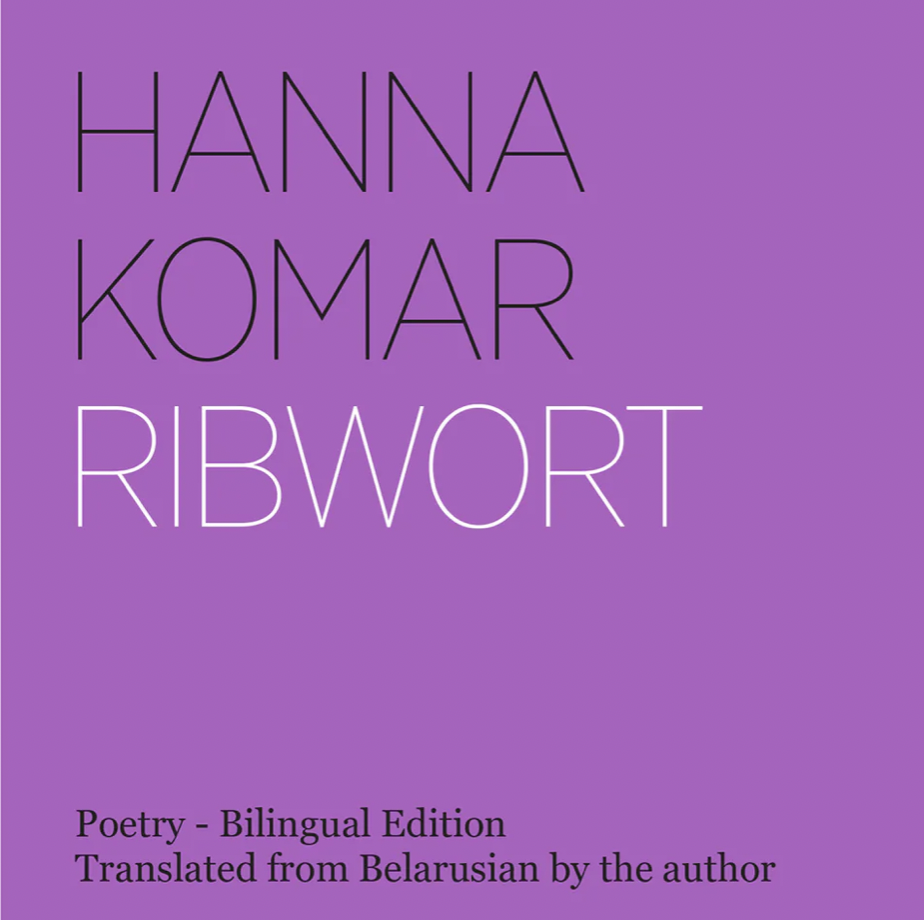
Courage and tenderness: A review of Ribwort by Hanna Komar (2023, 3TimesRebel Press)
Reviewed by John Farndon
The opening words of Hanna Komar’s poetry collection, “wrap around me like ribwort,” grab the reader with courage and tenderness, grief and love, and never let go. Ribwort, a plant revered in Belarus for its potent healing properties in herbal medicine, is a compelling metaphor for the nature of these poems. While rooted in raw honesty and precision, these verses don't shy away from revealing the wounds plaguing the poet and her nation.

Beyond Švejk: Jaroslav Hašek’s serious comedic tales
by Anthony Hennen
Jaroslav Hašek’s enduring success as a writer, thanks to his novel The Good Soldier Švejk, left him in an unwarranted one-hit wonder conundrum. A raucous satire about a soldier strongarmed into the Austro-Hungarian army during World War I, the book has been translated into dozens of languages. It remains in the zeitgeist of European literature.

Convoluted Truths about Persistent Evils: A Review of Ján Johanides’s But Crime Does Punish (2022, Karolinum Press)
by Katarina Gephardt
Writing in the 1990s, when many intellectuals were hopeful about the future and ready to leave the past behind, Johanides stressed the continuity between the past and the present, underscoring the continuity of historical evils. However, aspects of the colonel’s and even Ostarok’s characters reflect the writer’s existential hope that individual human choices can alter the course of history.

Disparate and Distressed Dames: A Review of Ivana Dobrakovová’s Mothers and Truckers (2022, Jantar Publishing)
Reviewed by Anna West
It is the essence of a wandering mind that Dobrakovová captures so aptly. The stories read like confessionals and are told in long train-of-thought clauses separated by commas, with some sentences taking up half the page or more. The stylistic choice helps to pull the reader into the obsessive thoughts of our narrators.
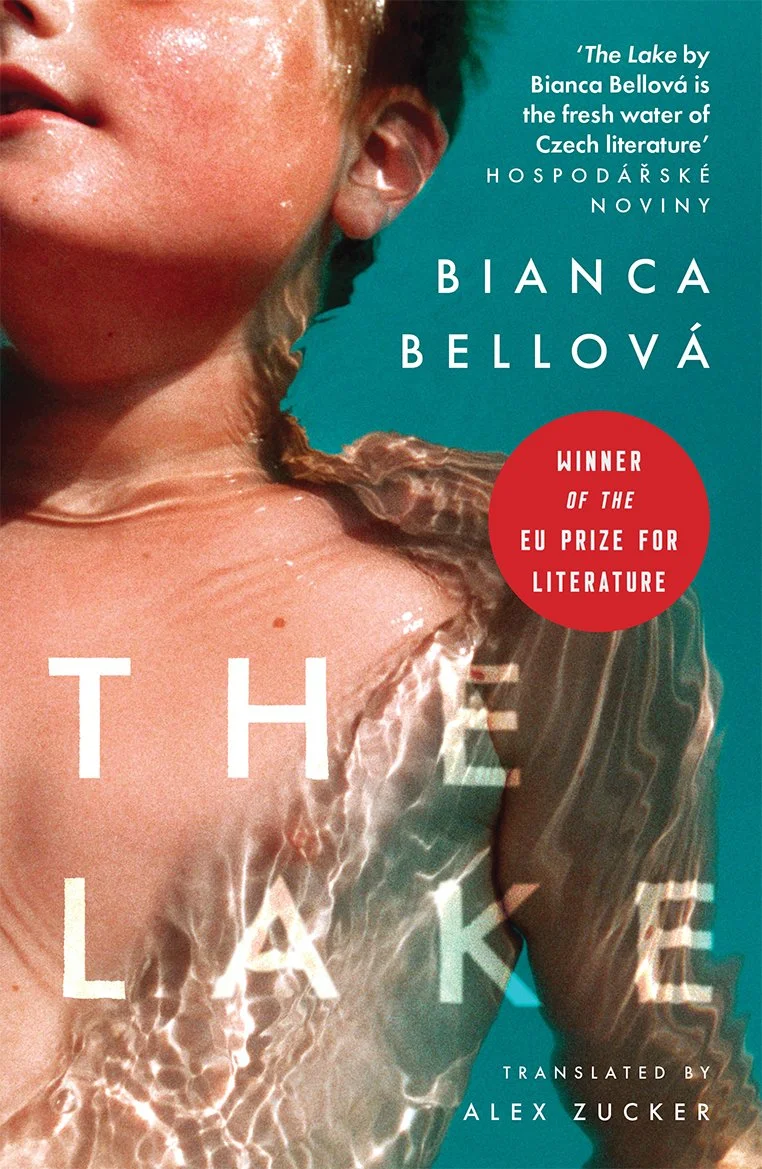
A Review of Bianca Bellová’s The Lake (2022, Parthian Books)
Reviewed by Anna West
Bianca Bellová’s The Lake, translated into English by Alex Zucker, follows Nami as he navigates childhood and young adulthood in a fictitious land made brutal by environmental degradation and Russian occupiers. The Czech author, who grew up in communist Czechoslovakia during the so-called period of normalization in the 1970s, is known for her works that explore themes relating to the communist era.

A Review of Natalka Bilotserkivets’ Eccentric Days of Hope and Sorrow (2021, Lost Horse Press)
Reviewed by Sandra Joy Russell
Emerging as part of the visimdesiatnyky (“eightiers”) generation of Ukrainian poets, Bilotserkivets’ developed her poetic voice during the transitional moment of perestroika—the Soviet Union’s attempt at political and economic reform just prior to its collapse in 1991. Much of her writing reflects this increasingly open, and thereby volatile, political moment.

A Review of Petar Andonovski’s Fear of Barbarians (2022, Parthian Books)
Reviewed by Cory Oldweiler
Oksana is a foreigner; Penelope a local. Both are told the other is a potential threat, but the two women are in fact fighting the same oppressor: a patriarchy that sees women as little more than servants and every bit as inscrutable—and potentially dangerous—as “the barbarians.”
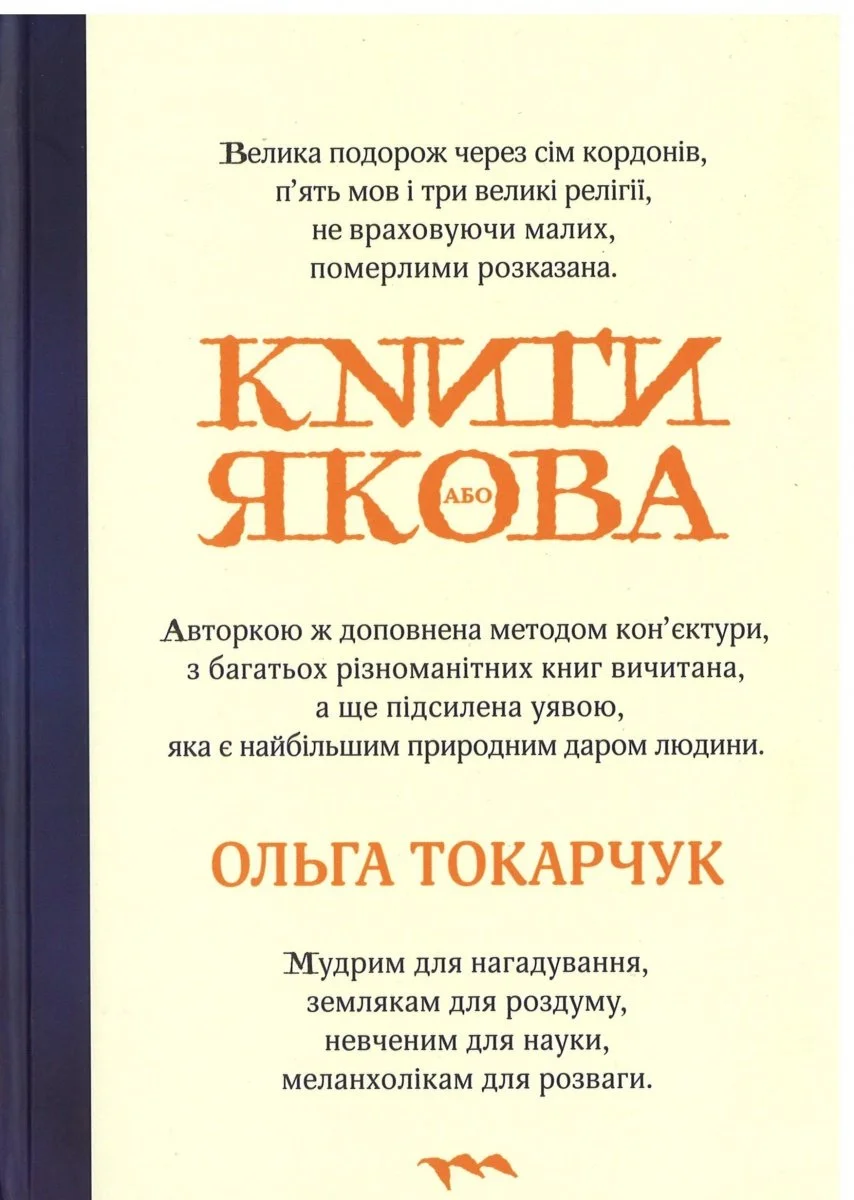
Reading The Books of Jacob As A Ukrainian
by Maria Genkin
Ukrainians living in the Polish Commonwealth were known at the time as Ruthenians. Suppose you know this and follow a description of Tokarczuk’s characters carefully. In that case, you discover that the Polish Commonwealth was populated not only by Jews and Poles, but by these mysterious others–Ruthenians, who are both commoners (peasants) and gentry.

Gonzo Meets the Nouvelle Vague: A Review of Ivan Boris’ My Week Without Gerard (2021, Morbid Books)
Reviewed by Kate Tsurkan
Langway is the perfect hero to lead us on this phantasmagoric journey of spiritual degradation: vulgar and resentful of those who embrace this contrived and insincere world. And why shouldn’t he be?

The Heavy Burden of Survivor’s Guilt: A Review of Alena Mornštajnová’s Hana (2020, Parthian Books)
Reviewed by Anna West
Mornštajnová shows how two tragedies, separated by a decade, can produce the same psychological effects in both individuals. Despite both Mira and Hana experiencing survivor’s guilt, they end up being the key to the other person’s healing.

To See The Old World Into The Grave: A Review of Martin Vopenka’s My Brother the Messiah (2021, Barbican Press)
Reviewed by Kate Tsurkan
The followers of Eli are met with fear and resentment even after his death—after all, Eli predicted a world in which children will no longer be born. His mission, as he informed his older brother Marek, was “to see the old world into the grave”.
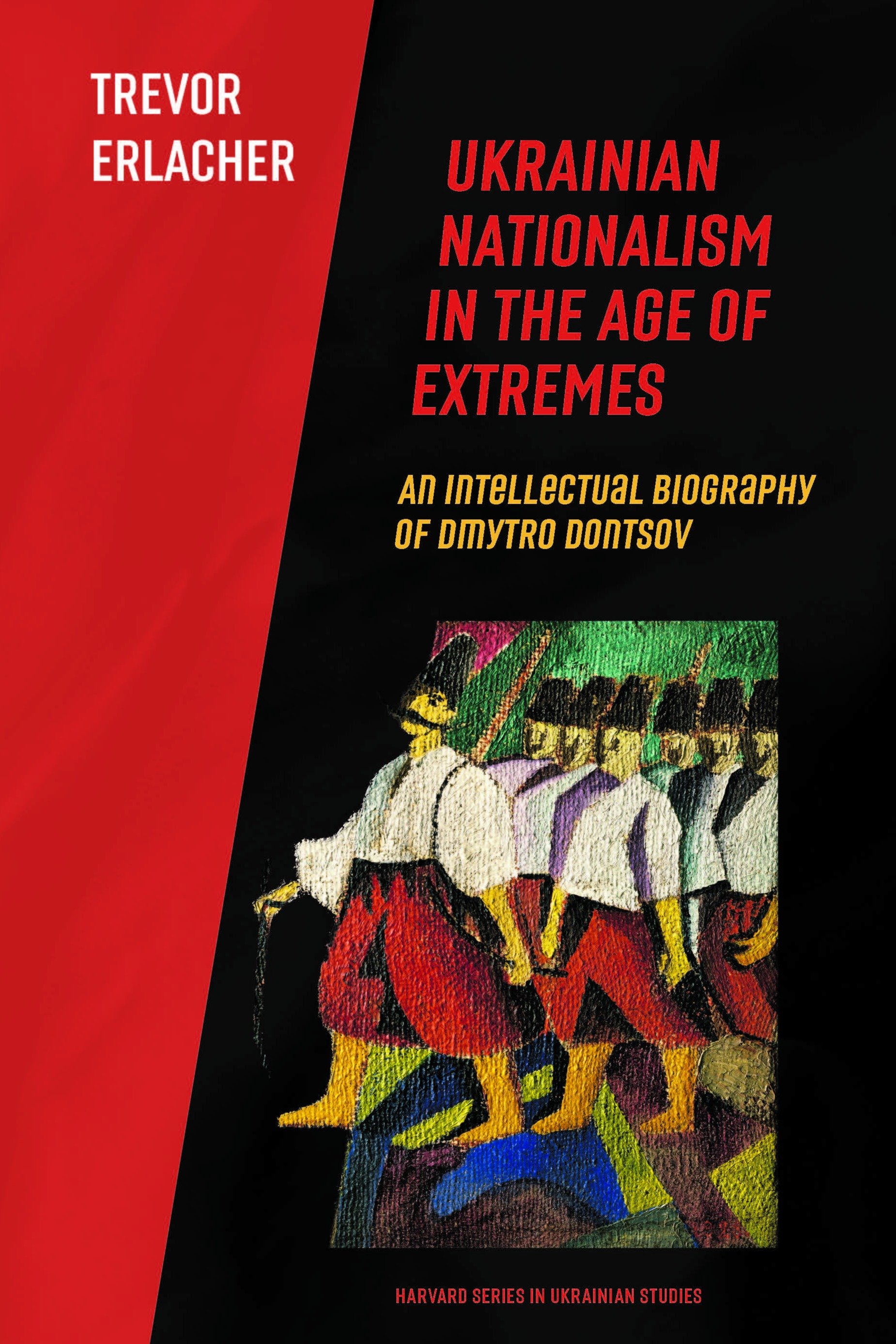
The Conflicting Life of Dmytro Dontsov: A Review of Trevor Erlacher’s Ukrainian Nationalism in the Age of Extremes ( 2021, Harvard University Press)
Reviewed by Maria Genkin
Dontsov’s version of Marxism was always a bit heretical, but he came to view the Russian interpretation of it as imperialistic, and all Russians, in turn, as imperialists, regardless of their professed political values. His interpretation of Marxism, notes Erlacher, contained the seeds of its own destructive fascism.

The Sins of Living Ghosts: A Review of Aleksandar Tišma's Kapo (2021, NYRB)
Reviewed by David Auerbach
Like Aharon Appelfeld’s works, Tišma captures the half-living experience of a survivor and the guilt that accompanies it, but Tišma abandons the hints of dignity Appelfeld affords his characters—he abandons the very idea of dignity.

The Strange Sincerity of Desolation: A Review of Ion Cristofor’s Somewhere a Blind Child (2021, Naked Eye Publishing)
Reviewed by Isaac Stackhouse Wheeler
The poet belongs to Romania’s “80s generation” who experienced the darkest days of the Ceaușescu regime, when the people faced political repression and economic privations that were extreme even by the standards of the communist world.
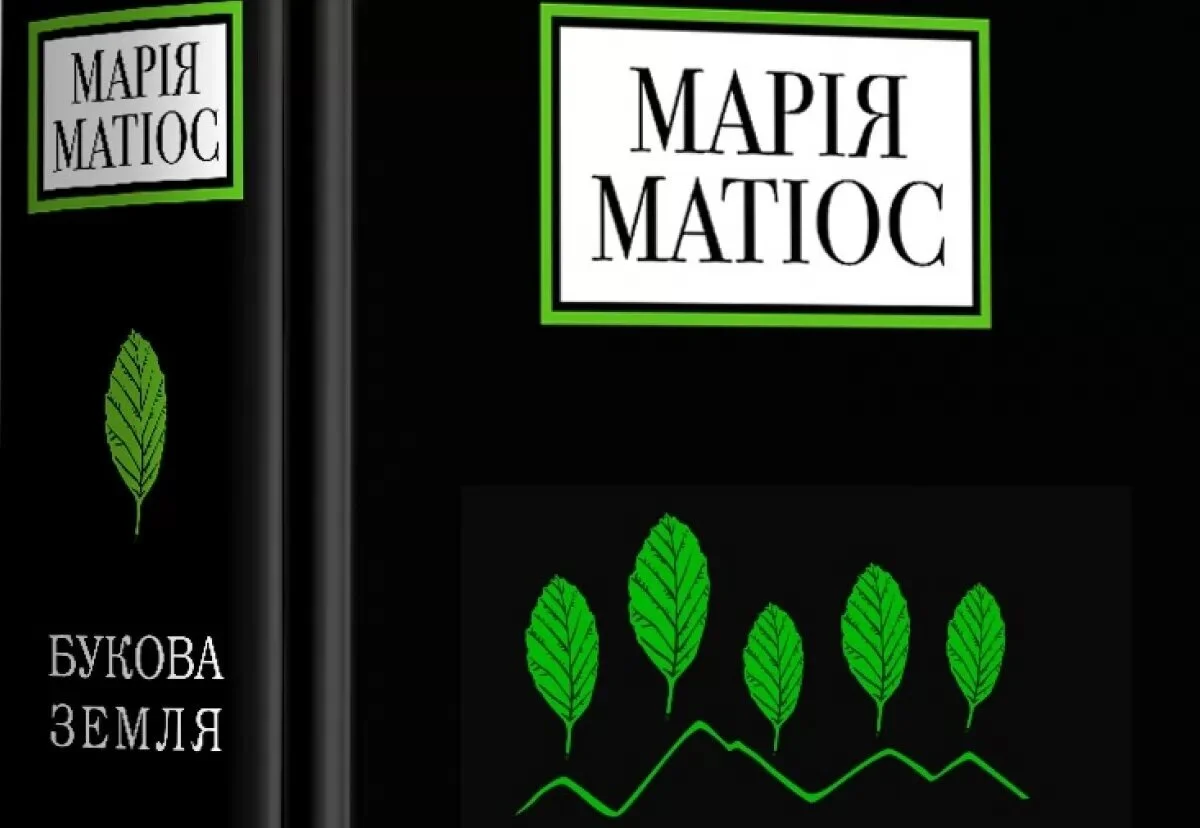
Paradise Lost: On Maria Matios' Bukova Zemlya (2019, A-ba-ba-ha-la-ma-ha)
by Maria Genkin
Bukova Zemlya, a mammoth of a novel from Ukrainian author Maria Matios about the 225-year history of Bukovyna, recreates the cultural diversity of the borderland region famed for its peaceful co-existence, portraying how this unique environment disappeared when land-hungry empires started fighting over it.
